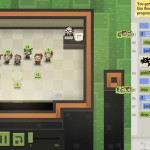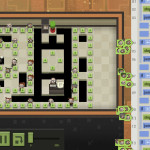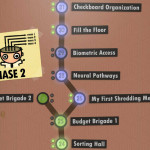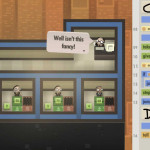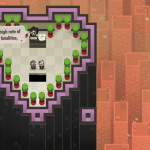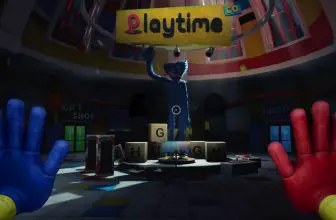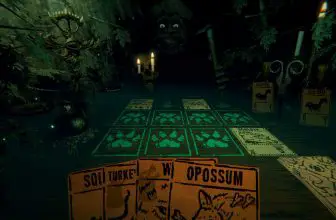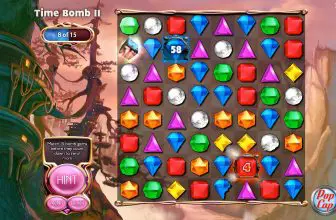The downloadable game 7 Billion Humans is a logic puzzle game developed and published by Tomorrow Corporation. The game was released on 23rd August 2018 and is available to play on the platforms of Microsoft Windows, macOS, and Linux. Nothing official has been confirmed as far as Android and iOS versions are concerned, but it will soon also become available on Nintendo Switch.
7 Billion Humans features gameplay where players have to solve puzzles using programming language partially. The main aim of the game is to make the humans move the numerical data cubes and complete the task after dry running it.
How to Download 7 Billion Humans
To download the full game click on the download link below at the end of the review. You can obtain the title from Steam or from GOG.com. If you like programming you should also download and check out Scratch, which is a tool for those who want to learn to code. Of course be sure also to have a look at the first game in the series which preceded 7 Billion Humans: Human Resource Machine.
The Game Review
7 Billion Humans is only available to play in single-player mode and features a total of 60 puzzles, all solved through programming. The programming language used in this game is partially linked to Assembly Language with signs of High-Level language as well.
The game starts off as a campaign with a storyline where humans complain as to how they have been replaced by machines. As part of the storyline, the player then has to hire all the humans and find them some sort of a job. The puzzles are divided into a tree-like structure.
The players begin at the root where the first puzzle is solved. The first few initial puzzles are relatively easy to solve as its main purpose is to familiarize the players with the surroundings such as the commands they will be using in order to make the humans perform basic functions such as step, pick up, and drop.
The programming feature allows the players to perform simple loops, logic, memory storage, and calculations. All the humans in a single puzzle can be controlled at the same time as well, however, each one of them individually has their own inner program which is used to make them perform a separate action.
One of the more fascinating features of this game is that similar to creating basic programs which require dry runs, 7 Billion Humans simulate 25 additional cases every time the player completes a task in order to see whether it works in every condition. These change in conditions can include assigning random numerical values and data cubes. If the program fails in even one of these 25 cases, the player has to fall back and fix it before they can move on to the next puzzle.
Players who are able to complete the puzzle to its full extent are then ranked according to their applied method and the time taken. The players who perform the task with the least steps used in the shortest amount of time relatively end up at a higher ranking as per Tomorrow Corporation’s rule. Lastly, apart from completing the main task, optional challenges are also provided in the puzzle depending upon whether the player wants to complete those as well.
For beginner programmers and for those who have an interest and would like to see the tip of the iceberg as to how programming feels like, 7 Billion Humans is the perfect game to play. It is simple enough for inspiring beginners to learn the basics whereas, for those who are experienced, it provides additional practice and new ways to think, making the game addicting to play from each perspective.

